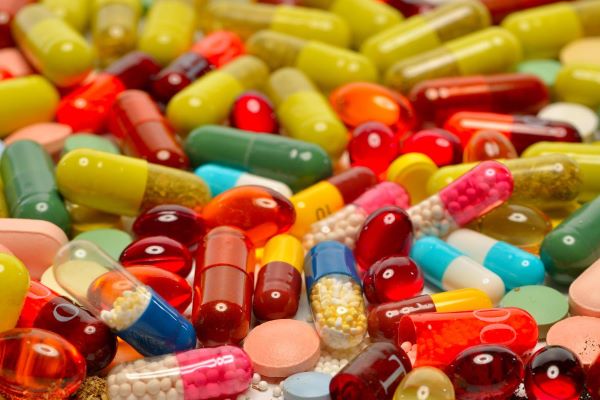Fiscal support in line with what is available in key innovation hubs such as USA and China will drive the next leg of drug discovery in India

The Indian pharmaceutical industry is keenly awaiting the budget as it is of the opinion that the government should incentivise research and development if India has to take the next step in becoming a powerhouse of innovation.
The pharmaceutical industry believes that the risk associated with investing in innovation is very high, even as Indian pharmaceutical companies have increased their allocation for R&D over the years. An increase in government support for drug development in the form of funding will go a long way. For instance, the US and China provides fiscal support to the tune of over 35 per cent to the industry and this makes these destinations attractive hubs of innovation.
According to ICRA, “Being research-intensive, the pharma sector incurs significant amount on R&D. Providing fiscal (higher tax deductions) and non-fiscal incentives for R&D expenses will support higher investments in developing new drugs. Investments in novel and specialty drugs are subject to higher risk of failure leading to risk averseness. Higher tax incentives for R&D spends will incentivise Indian players to spend more, thereby providing impetus to newer research initiatives.”
The industry is also looking forward to direct government support through tax deduction, research grants, etc. They also believe that research-linked incentive scheme will encourage increased investment in innovation. For example, direct research grants up to 85 per cent of R&D expenses in Israel and 230 per cent tax deduction for SMEs in the UK can be a benchmark for the Indian government when planning such incentives.
According to Saransh Chaudhary, President, Global Critical Care, Venus Remedies and CEO, Venus Medicine Research Centre (VMRC), “All the material procured by pharma firms for R&D purposes should be exempted from customs duty and GST. While as per existing DSIR notifications, there is already provision for partial waivers and/or reduction of custom duty and GST on import of certain items, a complete waiver would further help in setting up a world-class R&D infrastructure. The government should enable our R&D-driven pharma companies to compete with top global innovators and secure a significant market share by offering interest subsidies and lower GST on clinical trials and research activities, giving tax concessions to exporters and restoring weighted tax deduction under Section 35(2AB).”
On the issue of import dependence, the industry feels that the government should add more APIs under the PLI scheme which was announced last year.
More than 65 per cent of the Active Pharmaceutical Ingredient (API)/ Key Starting Material (KSM) required by pharma companies are imported from China. Last year, the government had announced a production-linked incentive (PLI) scheme of Rs. 150 billion for API manufacturers, covering around 53 APIs, which are critical in terms of import dependence on China. Similar incentives for other import dependent APIs will boost local manufacturing and reduce dependence on import.
Chaudhary adds, “the finance minister should also earmark funds to strengthen the pharma supply chain and distribution infrastructure and integrate it with latest digital technologies. This will not only ensure improved access and uninterrupted deliveries in real time, but will also lead to cost reduction and quality improvement, thus making Indian pharma companies far more competitive.”

Subscribe To Our Newsletter & Stay Updated